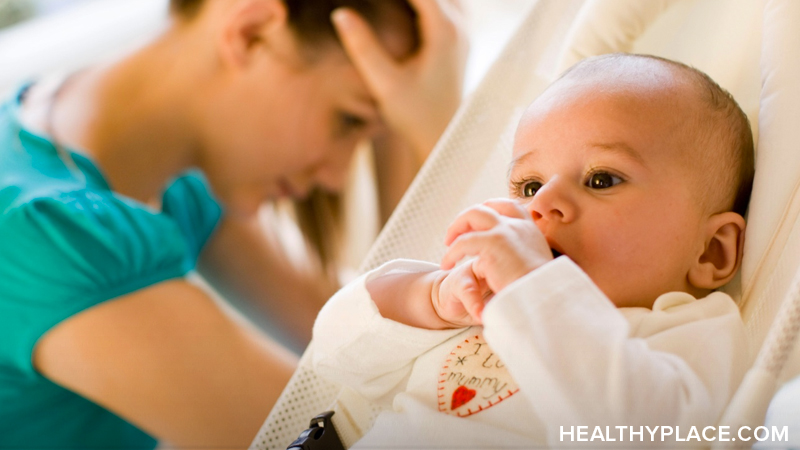Effects of Antidepressants in Pregnancy
Pregnancy does not protect the mother against depression and certain antidepressants during pregnancy may prove helpful in treating a depression relapse and depression during pregnancy.
from ObGynNews
Even today, many clinicians mistakenly believe that pregnancy is protective against the development or relapse of depression. That misperception persists despite several studies over the past 6 years demonstrating that women experience episodes of depression and relapse at the same rate during pregnancy as they do when they're not pregnant.
Likewise, if a woman on antidepressants stops treatment during pregnancy, her risk of recurrence is just as high as it would be if she weren't pregnant and she discontinued treatment. Still, it's common for women to be counseled to stop antidepressants before or after they conceive.
The confluence of depression and pregnancy puts clinicians between a rock and a hard place. During pregnancy, the goal is to avoid the use of medications for which we don't have conclusive safety data and those data concerning antidepressants during pregnancy are more or less complete depending on the medicine. At the same time, treatment cessation in women who are at risk of relapse can have an adverse effect on fetal well-being. Each patient must be managed on a case-by-case basis, weighing the risks and benefits of treatment.
What do we know? There are good data showing that first-trimester exposure to tricyclics such as imipramine (Tofranil) and amitriptyline (Elavil) doesn't increase the rate of major congenital malformations. But these drugs are not widely used.
Of the selective serotonin reuptake inhibitors (SSRIs), the most data are available on fluoxetine (Prozac). There are about 2,000 cases in the manufacturer's registry and several prospective studies describing first-trimester exposure to fluoxetine, none of which show an increased rate of major congenital malformations with first-trimester exposure. There are about 300 cases of pregnancy exposure to citalopram (Celexa) and approximately 250 for paroxetine (Paxil), sertraline (Zoloft), or fluvoxamine (Luvox) combined, accumulated from one study. Although these are in the same class as fluoxetine, conclusions that we make must be based on data for that specific medicine, not the class.
Another critical issue: We have very few good data on the risk of long-term neurobehavioral effects associated with prenatal exposure to psychiatric medications. One study of children followed through age 6 found no differences between those exposed to fluoxetine or tricyclics in utero and those not exposed to an antidepressant.

Data suggesting that the rates of perinatal toxicity or low birth weight are higher in babies exposed to fluoxetine in utero are profoundly flawed. We have a study in press that did not find this. Ultimately what we do about maintenance therapy, switching medications, or attempting to discontinue drugs should depend on the patient's severity of illness and her wishes. Interestingly, women with similar illness histories who are given the same information regarding reproductive safety of these drugs often make very different decisions about how to proceed.
A switch to a safer drug may be appropriate. For example, a woman who is on bupropion (Wellbutrin), for which we have almost no reproductive safety data, would be best served by switching to a drug like fluoxetine or even imipramine. Yet ironically, bupropion is labeled as a category B drug while the SSRIs are labeled as category C drugs, even though there's next to no information on bupropion's reproductive safety. That's why it's so important for obstetricians to go further than the Physician's Desk Reference.
We never discontinue antidepressants around the time of labor because depression during pregnancy is one of the strongest predictors of postpartum depression. The potential for antidepressant withdrawal symptoms in babies born to women on antidepressants is a theoretical concern, but there is nothing more than a rare anecdote suggesting that such symptoms are something about which we need to be concerned.
APA Reference
Staff, H.
(2009, January 6). Effects of Antidepressants in Pregnancy, HealthyPlace. Retrieved
on 2024, November 20 from https://www.healthyplace.com/other-info/mental-illness-overview/effects-of-antidepressants-in-pregnancy



